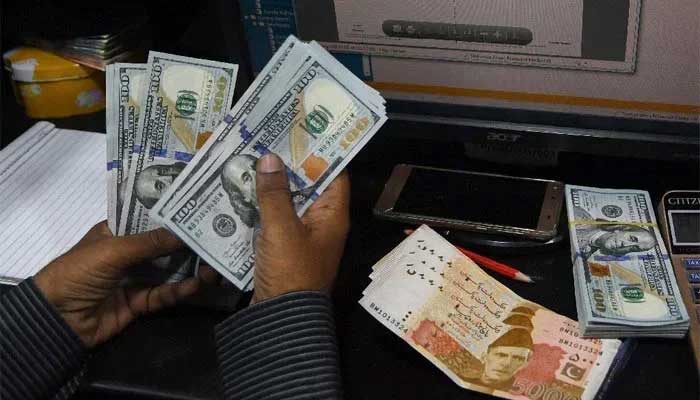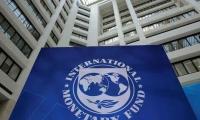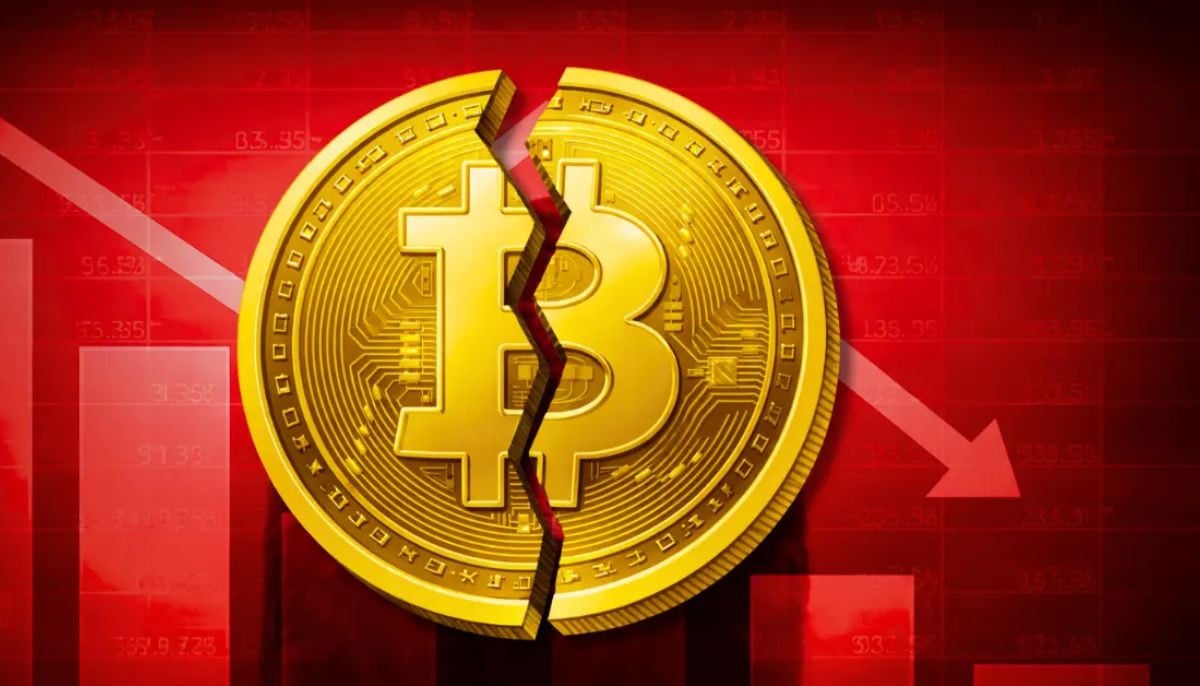Rupee records highest single-day gain of Rs9.8 against dollar
Pakistani rupee closes at 228.80 against US dollar in interbank market over good news regarding IMF, decline in imports
KARACHI: In a major development, the Pakistani rupee recovered massively on Wednesday and gained Rs9.58 against the US dollar after reports emerged that the country has fulfilled all prior actions to revive the International Monetary Fund’s loan programme and a decline in imports in July.
The dollar lost Rs9.58, or 4.19%, in the interbank market and ended at 228.80 against the rupee, down from 238.38 from Tuesday's close.
In the open market, the greenback lost Rs14.50 and closed at 226, according to the Forex Association of Pakistan.
The dollar started losing ground on Friday after the rupee — ranked among the world's worst performing currencies — plunged for 10 straight sessions during the last days of July — and depreciated around 5% just last week.
The local unit gained ground after the country recorded a decline in imports.
According to forex dealers, there are no buyers for the dollars amid volatility in the currency market.
Data from the Pakistan Bureau of Statistics (PBS) has shown that imports have plunged by 38.3% over the previous month as a sizable cut in imports was witnessed after the government banned a number of luxury items to manage the shortage of dollars in the economy.
Not only did imports decrease, but exports, too, witnessed a plunge. However, pressure on the rupee eased as the trade deficit reduced by 18.3% to $2.64 billion in July, 2022 against $3.235 billion in July, 2021. In June, 2022, the gap was at $4.96 billion.
Arif Habib Limited's head of research Tahir Abbas told Geo.tv that with reducing pressure from imports along with lower demand, the currency is stabilising and expected to appreciate further.
'External account data is encouraging'
Capital market expert Muhammad Saad Ali said external account data is encouraging and will further boost the economy.
The rupee also strengthened after the International Monetary Fund (IMF) said that Pakistan has completed the last precondition — increasing the levy on petroleum products — for the combined seventh and eighth reviews.
IMF's Resident Representative for Pakistan Esther Perez Ruiz said in a statement Tuesday that a board meeting is tentatively scheduled for late August once adequate financing assurances are confirmed.
In light of the lender's statement, Abbas noted that further inflows from friendly countries, along with the IMF tranche disbursement, expected by the end of this month will also play a role in stabilising the economy.
The Pakistani rupee has lost more than 30% of its value against the greenback this year and the country’s dollar debt has reached record lows as it stares down at a $1 billion bond payment in December.
Resumption of IMF programme
"News flow that Pakistan is closing in on the resumption of IMF programme — such as IMF acknowledgement that Pakistan has fulfilled all prior conditions — [...] have increased optimism for greater macroeconomic stability in future," Ali said.
Talking about the ongoing political situation, he said that it seems that both the government and the PTI are not pushing for early elections, which can "delay the steps" needed to ensure macroeconomic stability.
-
Will Warner Bros finalize deal with Paramount or stays loyal with Netflix's offer?
-
$44 billion Bitcoin blunder: Bithumb exchange apologizes for accidental payout
-
Global memory chip crunch puts spotlight on Apple; Will iPhone become more pricey?
-
Bitcoin plummets toward $60,000 as investors dump risky bets
-
Bitcoin crashes below $63K as regulatory pressure and market fears grow
-
Bitwise Crypto Industry innovators ETF: What investors should do in 2026?
-
Nintendo shares slide again as momentum fears grow
-
Gold, silver prices fallen sharply; What’s driving the drop?














